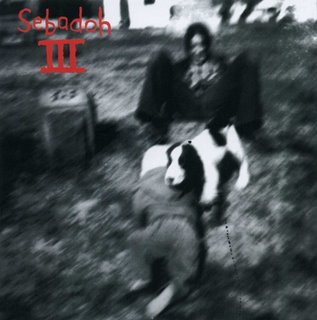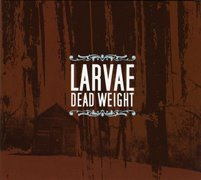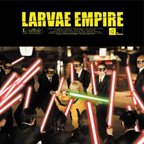Wide Open Skies
Story by Chad Radford.
Photo by Chris Ozment.
Russell and Cameron Cook gaze wearily at their shoes and then at each other as they ponder where in the lexicon of rural music their group, Little Country Giants fits in. As a brand, “country music” is as meaningless and problematic as words like “indie,” “alternative” and “roots” music. And despite the implications of a name like Little Country Giants, to dismiss the group’s amalgamation of stark and artfully rustic tones simply as “country music” denies a great many things.
Throughout the group’s proper debut, a self-released CD, titled Breaking Hearts & Living Free, a slow and captivating interplay unfolds between Russell and Cameron – the group’s core songwriters –invoking a pastiche of musical mile markers. Live the group is filled-out by guitarist Joseph and backup vocalist Julie Evans, with occasional contributions from other performers, including fiddle player Jim Kirkland.
Prior to Breaking Hearts the group put together a full-length recording, titled Just For This Song’s Time, but it never saw much a of a release, other than a few unmastered CDRs. These days the recording is available only through I-tunes.
 The “high and lonesome” wail of Bill Monroe’s Bluegrass Boys and the nylon strings strummed on Willie Nelson’s Red Headed Stranger have played an indelible role in sculpting the Rome, GA outfit’s sound. But it’s the strength of Cameron’s voice in songs like “Come Go With Me” or “I Remember” and the tangle of internal rhythms in “Big Freightliner” that give the group a distinctive sense of character. Russell’s mild croon in “Something to Be Proud of” is an enthralling detour into the group’s multifaceted personality.
The “high and lonesome” wail of Bill Monroe’s Bluegrass Boys and the nylon strings strummed on Willie Nelson’s Red Headed Stranger have played an indelible role in sculpting the Rome, GA outfit’s sound. But it’s the strength of Cameron’s voice in songs like “Come Go With Me” or “I Remember” and the tangle of internal rhythms in “Big Freightliner” that give the group a distinctive sense of character. Russell’s mild croon in “Something to Be Proud of” is an enthralling detour into the group’s multifaceted personality.Each song builds around simple arrangements. Cameron plucks an upright bass while Russell plays guitar. Both trade vocal duties from song to song. One voice and one instrument working in harmony sans studio tricks and a minimal drum track give rise to haunting pace. “There are some drums on the record, but not a lot,” Russell clarifies. Cameron breaks in to add, “We’ve found that when we play without drums the group tends to draw out and develop its own rhythms in the push and pull between the rest of the instruments.”
Just as the group relies on its own devices to lead the way, it’s the marriage of such an innovative approach with a traditional country mythos that sets Little Country Giants apart. “I like music that doesn’t have any boundaries,” Russell explains. “A lot of those old country guys absorbed a lot of music: jazz, bluegrass, folk all kinds of things and they didn’t allow themselves to be limited to playing just one style of music.”
Just as Russell and Cameron are eager to embrace so many musical avenues there are a few bumps in the road. “A lot of people compare us to the Carter Family and I really don’t like that,” Cameron admits. “Sure I like the Carter Family but the whole ‘You Are My Sunshine’ is not us. Likewise, Russell staves off a wince when talking about folk music. “When I hear the word folk I think of the whole Peter, Paul & Marry thing and that’s not us either,” he says.
There is an inherent sweetness and the obligatory heartbreak that comes along with country music that drives much of Little Country Giants’ songs. After all, the group is bound by a married couple, and the sense of romance in a song like “More Than Everything” is an undeniable love letter to each other. But darkness hides behind every corner. “Willie Dear” is bleak and disturbing murder ballad. It’s a love letter from one lover who’s just killed another. Sagging notes shroud the song that cuts off before the heaviness of it all has a chance to sink in. The evil that men and women do is a powerful closer for such a musically diverse album.
This kind of dark storytelling is an element that flourishes throughout LCG’s forthcoming album, Sing Pretty for the People, which is currently being recorded with Chris Griffin in Atlanta. “This is a much darker journey than Breaking Hearts & Living Free,” says Griffin. “Each song is essentially just vocals and an acoustic guitar and an acoustic bass.”
Songs like “Power and the Glory” and “Straight Blade” possess a dry and dusty sound complimented by a sparse and spiritually afflicted lyrical content that draws out a dark, natural resonance that lingers in the unaffected arrangements and voices of each brittle number. “You can hear the wood of the instruments and the content is much darker than before,” Griffin adds. “These songs are less about love and more about killing people.”
Published by Flagpole Magazine (8/8/06).






